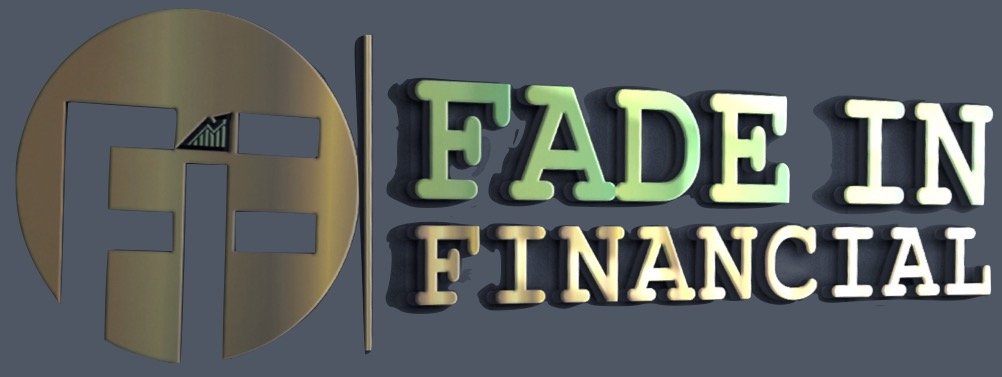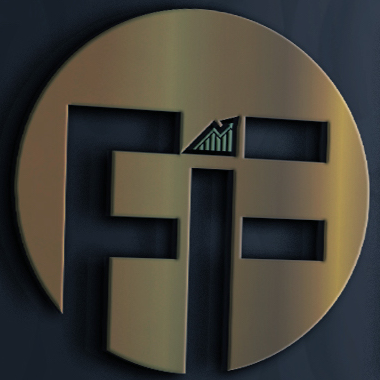How To Save For Retirement (and why you should start now)
“I retired to relax, not to become my HOA’s most wanted criminal.”
- THE ‘BURBS written by Dana Olsen, directed by Joe Dante
(4.5 mins)
Let’s face it: life in the Entertainment Industry is far from predictable. One minute you're celebrating a big sale, and the next you're not sure if production will start. While it might feel like there's always a hustle, there’s one thing you definitely can’t afford to put off: saving for retirement. I know, I know. The thought of planning for the future when your present looks like a never-ending freelance rollercoaster is... daunting, to say the least. But trust me, your future self will thank you if you get a head start now.
Size Doesn’t Matter
Some years you’re flush with cash, others, not so much. But the sooner you start saving—even if it’s just a small amount—the better off you’ll be down the road. I’m not saying you need to go all-in on a massive IRA contribution in your first few years of “making it." But start somewhere. A small, consistent contribution can grow significantly over time.
I’ve seen screenwriters put it off for years, thinking they’ll make a “real contribution” when their career takes off. But here's the kicker: time is your biggest ally when it comes to retirement savings. Even $100 a month could snowball into a substantial amount by the time you’re in your 60s, thanks to compound interest. So, whether it’s $25 or $500, make it a habit. You won’t regret it.
Consider a Solo 401(k) or SEP IRA
When you’re self-employed, the traditional 401(k) is out of the picture, but that doesn’t mean you don’t have options. There are two retirement plans that can be game-changers for screenwriters and freelancers: the Solo 401(k) and the SEP IRA.
A Solo 401(k) is just like a 401(k), but for people who are self-employed (read: most in the entertainment biz). In 2025, you can contribute up to $23,500 as an employee. If you're over 50, there's a catch-up contribution that bumps that up to $31,000. Then, as the employer of your own S-Corp or Loan-out company, you can add up to 25% of your net earnings. The total combined limit for 2025 is $70,000—yes, you read that right.
A SEP IRA is a bit easier to set up, and it also allows for the same contribution limit of $70,000, which is great if you’re having a year with a lot of income. Keep in mind these don’t have to be recurring contributions. You can do it once per year.
These options let you contribute way more than a traditional IRA, which means you can really turbocharge your retirement savings if you’re in a good financial position. They’re flexible, too, so you can scale your contributions up or down depending on your cash flow.
Roth IRA: The Magic of Tax-Free Growth
A Roth IRA is another excellent option for retirement savings, especially if you expect to make more money in the future. The catch with a Roth is that you’re contributing after-tax dollars, but the big payoff comes when you withdraw the money in retirement: it’s completely tax-free. So, if you’re currently in a lower tax bracket (say, a rough year with fewer gigs or a dip in income), it could make a lot of sense to go Roth now, since you’ll be paying taxes on your contributions at a lower rate.
For 2025, you can contribute up to $7,000 if you’re under 50, or $8,000 if you’re over 50. But you do have to meet certain income limits to qualify, so check that out before you get too excited.
Track Your Income & Expenses Like a Pro
If you’re not tracking your income and expenses, how the heck do you know what you can contribute to retirement? I’m not saying you need to be a spreadsheet wizard, but using a simple app, or even a basic budget, to keep tabs on your earnings and spending can really open your eyes to where you can squeeze out a little extra savings.
Look, we all know that freelance life means one paycheck could come today and the next one might be three months away. But you can take control by setting aside a certain percentage of every paycheck for retirement. Treat it like a “non-negotiable” expense, just like rent or utilities. It doesn’t have to be huge—just consistent.
Be Smart About Tax Deductions
Finally, make sure you’re not leaving money on the table when it comes to tax deductions. As a screenwriter or director, you’ve probably got plenty of write-offs—things like home office expenses, software, research materials, and even travel costs related to your work. By maximizing your deductions, you can reduce your taxable income and, ultimately, the amount of money you’ll owe at the end of the year. Check with a tax professional first, obviously.
More tax savings = more money to put into your retirement accounts. It’s that simple.
The Final Scene
I get it, the thought of retirement feels a little distant when you’re in the thick of writing your script or juggling multiple freelance projects. But the truth is, the earlier you start saving, the better off you’ll be when you’re older. Whether it’s through a Solo 401(k), SEP IRA, or Roth IRA, there are plenty of options that cater to the freelance lifestyle. So, take a breath, start small, and start building your future. Because no matter how unpredictable the industry is, you can always take control of your finances.
If you’d like more information about Retirement, you can schedule a complimentary meeting HERE.
Join the email list and receive the NO NOTES! newsletter with blog/video updates.
For disclosure information: Website Disclaimer
—

